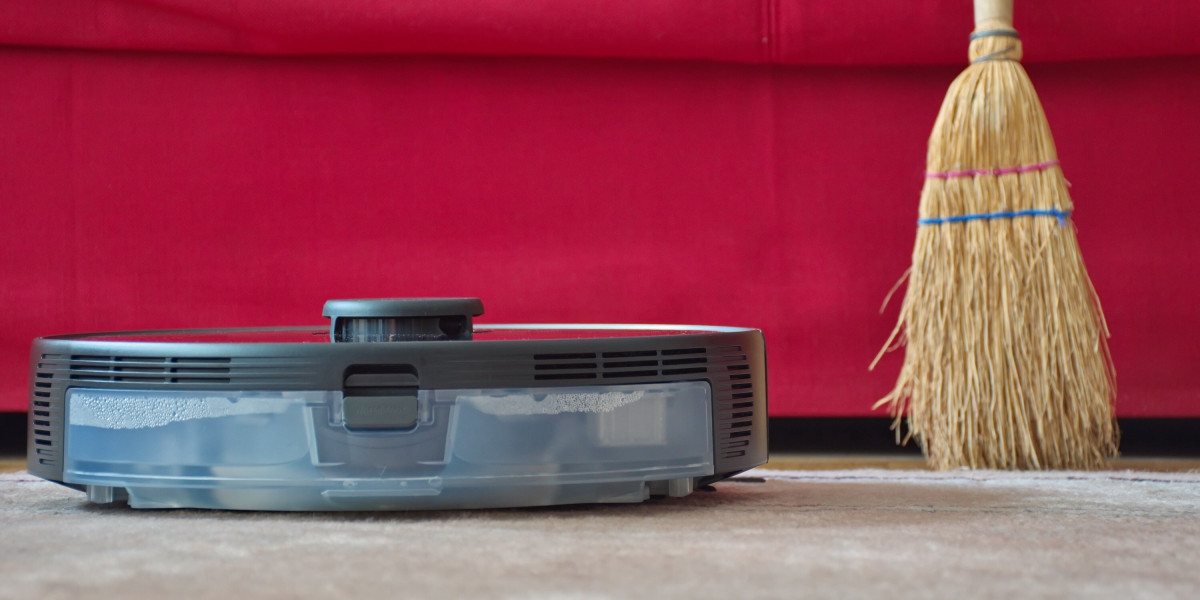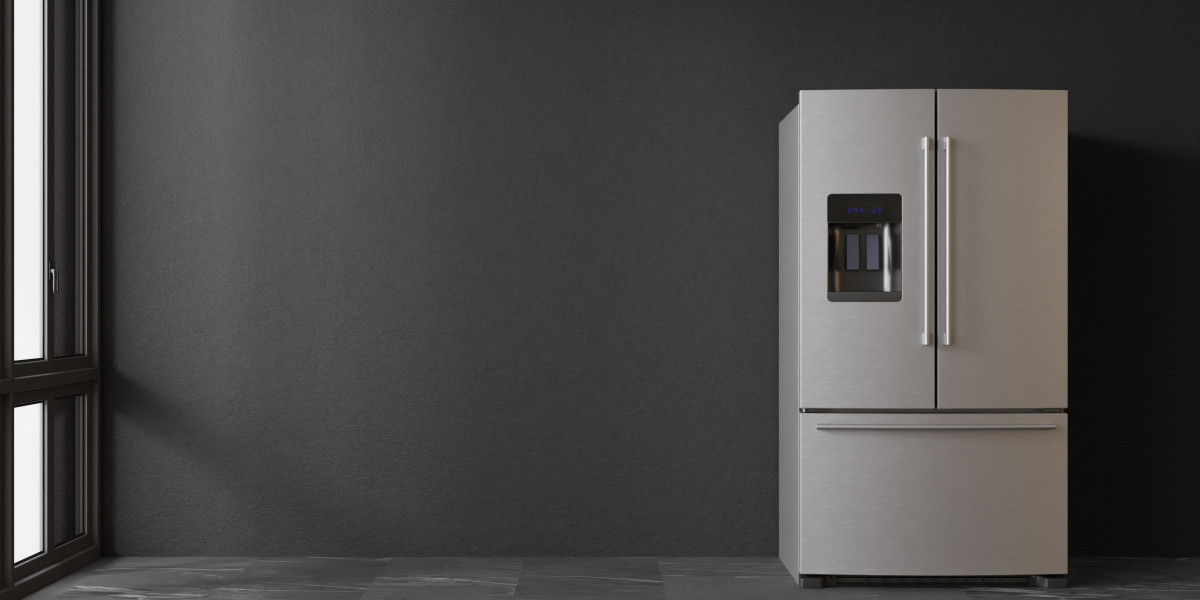Robotic floor cleaners can cut down on costs for labor and let manual cleaners concentrate on more difficult tasks. Some models allow you to alter settings, such as suction power and water pressure.
It comes with cliff sensors to aid in avoiding falling off stairs, and an obstacle-avoidance system that can help it weave around toys and cords that get tangled on mopping pads.
1. No Cords
Robot floor cleaners are known for not relying on wires to clean floors. Robot vacuums have a tough to handle cords. They are prone to getting tangled up in the spinning wheels or rotating brushes and cause costly repairs. They're also an enormous danger to safety, particularly for children who might get caught in wires and even strangled.
This is why the top robot vacuums and mops steer clear of them all together. These devices use advanced navigation and mapping technologies as well as smart sensor technology and sophisticated algorithms to expertly dodge cords and other obstructions. Cord organizers can help reduce the risk of cord entanglement. They also allow the removal of cords from the flooring prior to cleaning.
The Roborock S8, one of the most powerful robot vacuums we've tested, comes with many features as well as an app that's simple to use. It can create detailed maps in 2D and 3D of your home, then store them to be used later and operate a variety of cleaning modes simultaneously. This model has been upgraded to include the ability to deep-clean, which generates enough power to take on the most difficult spills, dirt and pet hair.
Other models, like the iRobot Braava Jet m6, offer a variety of mopping options. Some models allow you to alter the water level, while others have pads that are reusable and can be cleaned between uses. These pads performed better on the edges of rugs in our tests than other robot pads.
It is recommended to read your model's manual to determine the optimal cleaning solutions for your home. You will also be able to know the frequency you should wash or change your robot. To prevent the build-up of bacteria up, you must cleanse the unit each when you mop. If your robot vacuum or mop has disposable pads, you must replace them before they start to wear down and degrade. You should also rinse the pads or mopping cloths and let them dry completely between cleaning sessions. This will keep them from smelling musty in storage and will ensure they're ready for your next use.
2. Simple to operate
A robot vacuum cleaner that comes with an easy-to-use app is a great option for you have pets or children. It is possible to use an app to track the robot's route, establish zones that are not allowed and control the way it vacuums and mops. A lot of the top robots are equipped to allow you to clean around your furniture. This feature allows the robot to slip under couches and ottomans to nab debris that's hard for a standard vacuum to reach.
Capabilities Mapping
A robot that has the ability to map your floor plan, and also navigate better than a robot without this technology. For mopping robots this can help to avoid bumping into rugs and also ensures that carpeted areas don't get accidentally wet.
Smart Robot robots use various sensors and technologies to evaluate their surroundings, including lasers, 3D obstacle detection and LIDAR. The result is a more clean, more reliable and thorough cleaning than an unmapped robot.
Certain robots can detect carpets and increase suction in order to avoid the clogging. This is a great feature if you have carpeted areas in your house and hard flooring in other parts. Other robots allow you to set "no-go" zones using their apps that block off certain areas or floors.
The apps for these robots can also allow you to send your bot to sweep a specific room or spot this is beneficial when you need to clean the living area in a hurry after your kids spill something. And, if your robot is a dual-function model that both vacuums and mops, the apps usually allow you to switch between the two modes.
For models that have a vacuum and mops and mops, the dust bin on their bases is easy to remove and empty. The filter inside the dock and the robot is easy to rinse and dry before installing. The majority of manufacturers suggest that you replace the filter at least once a year or so, although it is contingent on how often you use your robot. If you use disposable mopping pads, be sure to also replace them regularly. If you purchase reusable pads, ensure that you wash them between uses.
3. It will save you time
Scrubbing floors with a mop can be tedious particularly when you have to clean up hard-to-clean dirt and grime. However, using a robot floor cleaner can help you keep your floors clean without the time-consuming task that is associated with traditional cleaning methods. These machines can easily move around furniture, obstacles and other obstacles, ensuring that every inch of your home is cleaned. Plus, you can plan and organize your cleaning routines using an app for mobile devices for more convenience.
Robotic floor cleaners not just eliminate the need for manual work They are also less expensive than traditional vacuums and mop/vacuum combination. They require little maintenance and include reusable cleaning pads that are changed out for new ones after they've been used up, instead of being discarded. In addition, many robotic floor cleaners double as a vacuum cleaner and a mop, allowing you to take on both tasks at the same time.
Many robot cleaners utilize sensors and cameras to move through obstacles and map your home. This information is stored in the memory of the device to make it easier to clean your floors at a later time. They can also adjust the cleaning patterns based on the type of flooring you have in your home. For instance they might utilize a lower amount of water for hardwood or tile floors as opposed to carpeting.
Most models also allow you to control the cleaner through a mobile app and offer various customization features like a scheduler and an area mapping feature, and smart tracker. You can also set the cleaner to pause in specific areas of soiling, allowing for targeted cleaning. You can also set your robot to clean a single room, or the entire house at once for spills that happen in a hurry.
To keep your robot in good condition, clean the sensors on a regular basis and keep a can of compressed air on hand to blow dust out of gears or other hard-to-reach areas. Also, make sure you adhere to the guidelines of the manufacturer for charging and storing the battery, as overcharging or storage with a depleted charge can affect its lifespan.
4. Easy to Maintain
A robot floor cleaner could be a crucial device to keep your home clean regularly. A quality robot mop will make floors look cleaner between cleaning sessions. It will help you avoid the dreaded "sticky" or "greasy" floors that usually result from frequent mopping with a manual.
The most effective mopping robots utilize various sensors and technologies to monitor their surroundings, including furniture and walls. They make use of a combination of roller brushes, side brushes, and mops in order to clean floors thoroughly and get rid of dust from cracks. After that, they return to the dock to recharge their batteries and reset.
Some of the simplest models have a single reservoir of water and a static pad similar to a Swiffer that spritzes or wipes. More-advanced models have more special pads that move or rotate to remove dirt. Self-emptying docks allow you to clean or replace brushes and dump dirty water. Some have onboard sensors which claim to be able to detect the flooring's texture and therefore they are able to ignore carpets and only clean hard floors.
In our testing, the two-in-one vacuum and mop robot from Ecovacs Deebot performed well in both of the tasks. It was simple to set up, and its app was straightforward to use. Its map-based navigation and intelligent scheduling worked flawlessly and its mapping algorithm was quicker and more precise than that of other robot vacuums in our tests. However, its anti-object capabilities were not as strong. It constantly gobbled up cat toys and other small items around the edges of my rooms and its spinning edge brushes didn't do a good job of removing dust on baseboards, or around furniture.
Most robot vacuums and mop cleaners require regular maintenance. This may include emptying the dirt bin cleaning or replacing the pad and recharging the tank with water. Find a model that has a simple-to-empty dust bin and an easy-to-maintain requirement to reduce the amount of time spent on maintaining. You can find models that will automatically recharge the battery and resume cleaning when it runs low.







